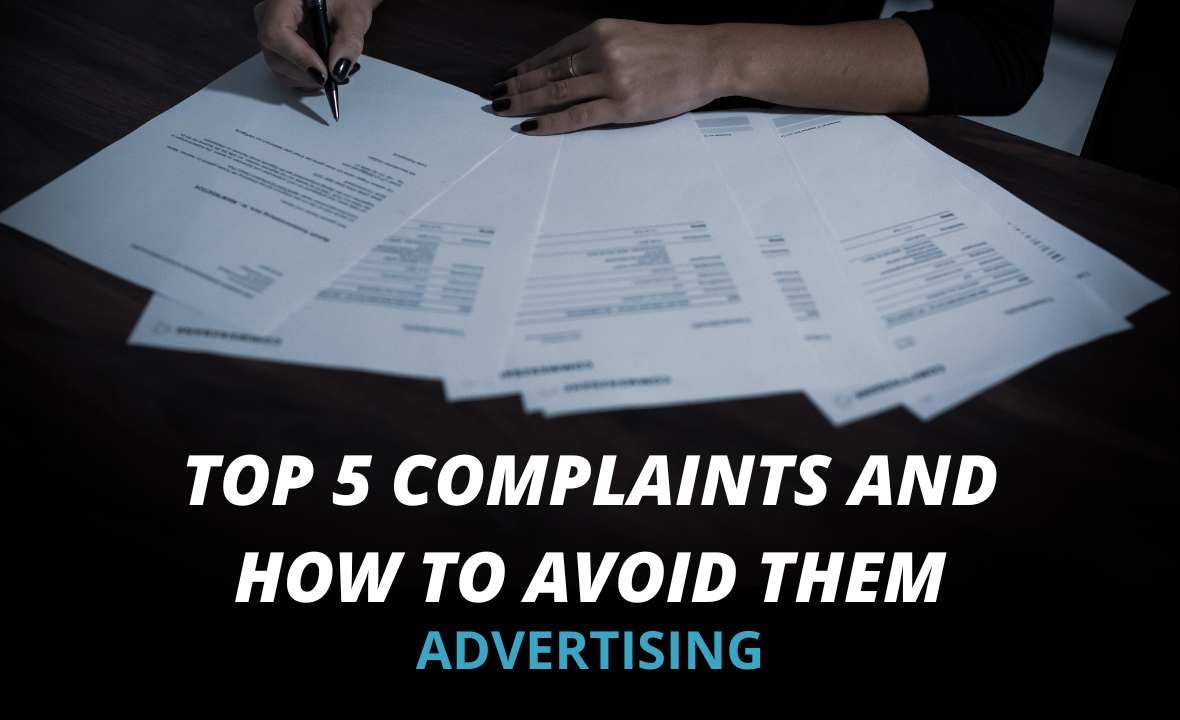
Top 5 Complaints and How to Avoid Them: Advertising
Posted On: September 28, 2022
Every year the College receives various complaints about naturopaths’ conduct, practice, and behaviour. The College is legally obligated to investigate each complaint that it receives. Although complaints differ, there are five areas of commonality that stand out and are most often investigated by the Inquiries, Complaints and Reports Committee (ICRC). This 5-part blog series will explore the top five areas of complaints and tips on how NDs can avoid them.
1. Advertising
Advertising is one of the top issues raised in complaints received by the College and investigated by the ICRC. When an advertising concern is brought to the attention of a ND through a complaint, it’s often the ND’s response that they were unaware they were violating the Standard of Practice for Advertising.
NDs are responsible for any advertisements about them or their practice, regardless of whether they created and/or posted it, this includes information shared on social media. Not knowing the College’s advertising requirements is not an acceptable justification for non-compliance.
As regulated health professionals, information that is shared by NDs has the potential to influence the attitudes and healthcare decisions of others. Being in this position means that NDs have a responsibility to be careful in terms of the information in their advertisements and posts and the wording that they choose, even when they post on their personal “non-ND” accounts accessible to their patients and general public
Tips for avoiding advertising complaints
- Do not share any information that is unprofessional or outside the naturopathic scope of practice.
- Exercise caution when sharing any information in a personal capacity as it could be interpreted in a professional context.
- Do not include information that may be perceived as a testimonial or endorsement.
- Remember that the content posted online is public and accessible by all. Any individual may file a complaint about advertising.
- Regularly review advertisements and content on personal and professional social media accounts.
- Always assume that advertisements and/or social media posts will be criticized. This will help you to take a more cautionary approach to what you post.
Would you like to learn more about the Inquiries, Complaints and Reports Committee? Join us for our next edition of our In Conversation With townhall series, featuring the Inquiries and Complaints team.
